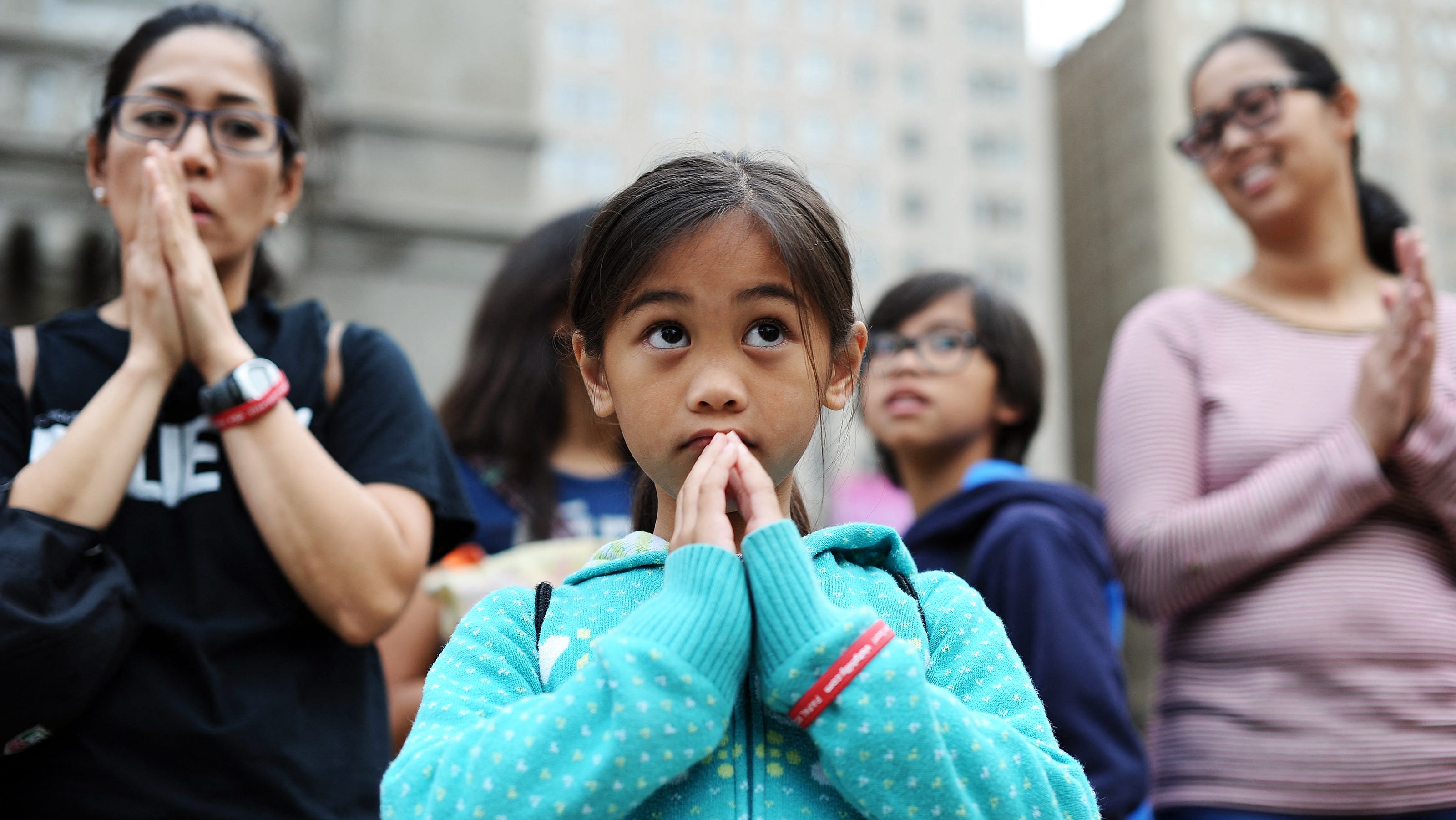As a Nicaraguan-born girl growing up in Miami, Prisca Dorcas Mojica Rodríguez remembers going to church five times a week. Her father was a pastor, and their fundamentalist evangelical faith taught that a woman’s role was to serve her husband.
At the same time, Mojica Rodríguez saw how essential women were in keeping the pews filled and the church running. Ultimately, dismayed by the subservient role of women and the church’s harsh restrictions on girls, she would leave her faith – and her husband – in her late 20s.
“Women are less inclined to be involved with churches that don’t want us speaking up, that don’t want us to be smart,” said Mojica Rodríguez, who went on to earn a master’s degree in divinity. “We’re like the mules of the church – that’s what it feels like.”
Though the Nashville-based author and activist is now 39, her experience reflects a growing and, for churches, a potentially worrisome trend of young women eschewing religion. Their pace of departure has overtaken men, recent studies show, reversing patterns of previous generations.



Doesn’t sound like he’s got much faith if he’s so worried that becoming more educated will result in losing faith. If something is true, broadening information generally shouldn’t challenge faith. And if it does, those contradictions would be worthy frontiers for scientific discovery.
There’s a reason why more education results in less faith, and it’s not brain washing (if it was, why hasn’t it been picked apart by now?).
A similar line of reasoning applies to higher education resulting in less conservative beliefs. There’s also a reason why religion and conservative beliefs are closely aligned about this.